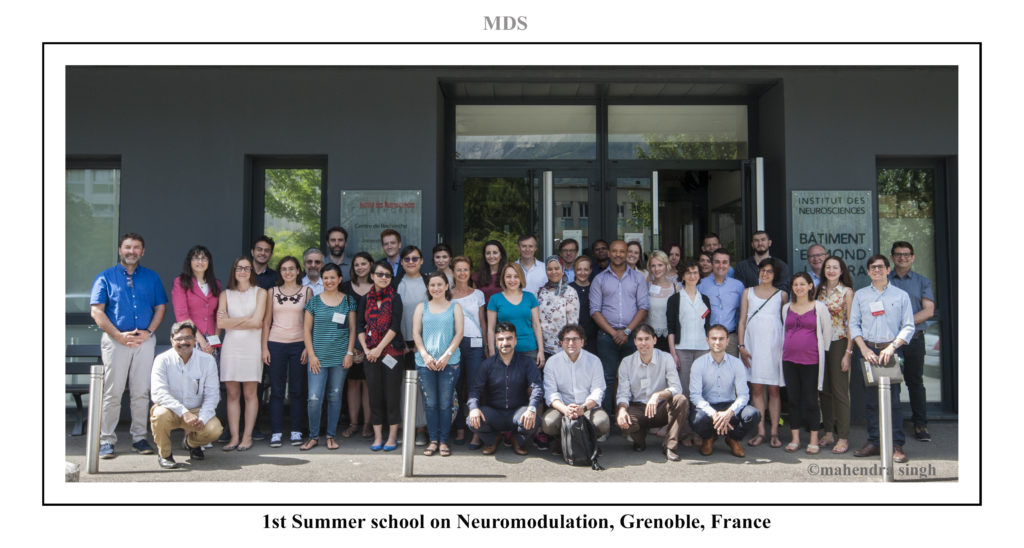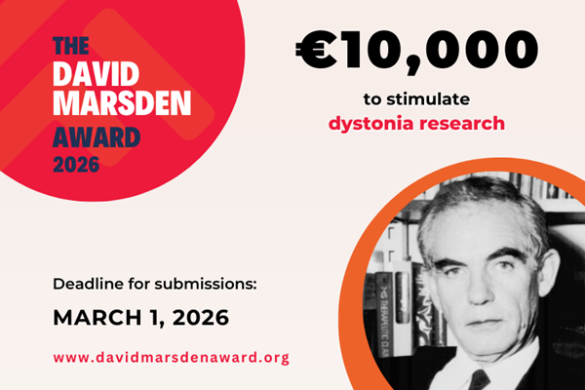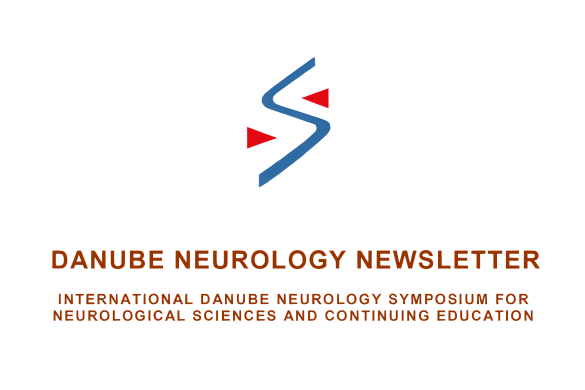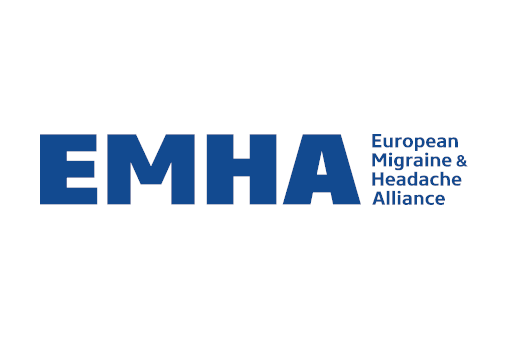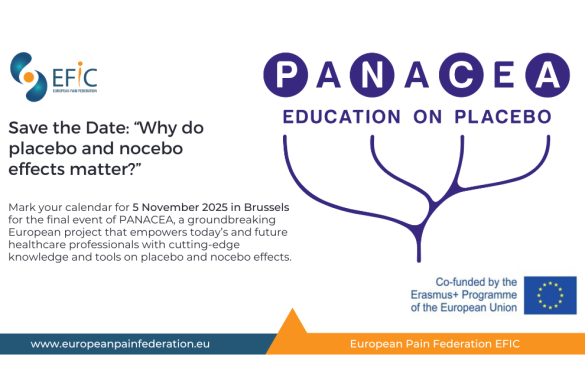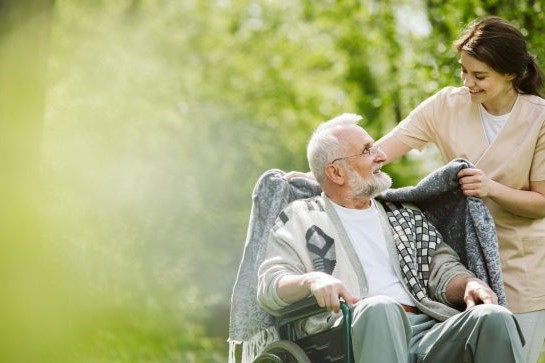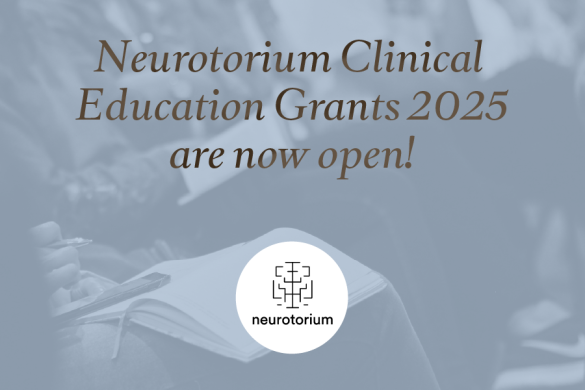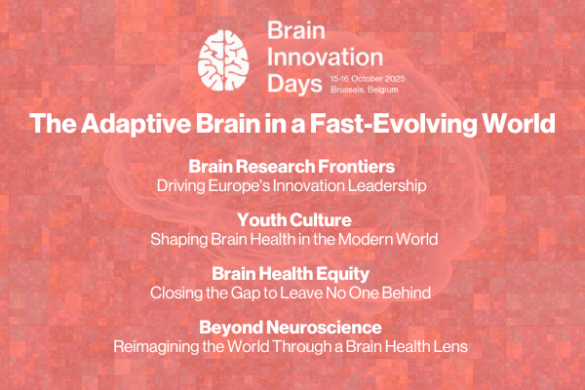by Antonella Macerollo
The first Summer School on Neuromodulation for Movement Disorders was sponsored by the European Section of Movement Disorders (MDS) and took place in Grenoble, France, on July 6-8th 2017.
This three-day course encompassed several key lectures from basic neurophysiology to advanced neurosurgical approaches in Parkinson’s disease (PD) and other movement disorders. The lectures were planned during the first half part of each day. Speakers included neurologists, neurosurgeons, neuropsychologists, scientists, and physiotherapists expert in this field.
During the first morning the directors, Prof Elena Moro and Prof Stephan Chabardes, opened the course with wide overview on neuromodulations and surgery on movement disorders. Furthermore, Prof. Marwan Hariz introduced the attendants in the interesting world on stereotactic surgery and the different targets. The other two mornings were focused on patient’s selection for surgery, programming algorithms and troubleshooting. Furthermore, the students had also the possibility to learn about the use of deep brain stimulation in children, patient’s education, and future perspectives.
The two afternoons of the course were organized in a dynamic and practical way. The students had the opportunity to visit the Clinatec, an advanced research centre in Grenoble where new surgical treatments for neurological disorders are performed. We had the opportunity to see a video of the surgical procedure with detailed explanation and discussion of each step of the surgical procedure, including the surgical planning.
Several workshops were organized to teach about how to do a levodopa challenge, examine a patient for DBS, how to perform the neuropsychological assessment, gait analysis, physiotherapy in DBS patients, and neurophysiological studies, such as transcranial magnetic stimulation. Furthermore, there were practical sessions with patients affected by PD, essential tremor and dystonia, who were previously treated with surgery.
This summer school saw a total of 31 participants from 13 different countries, making it a truly global event. The two dinners throughout the summer school worked to create a global community of young trainees in movement disorders to allow for collaboration and guidance in progressing in this subsection of neurology. The trainees attended a social dinner to network followed by a video dinner on the second evening. The latter gave the opportunity to discuss interesting and complicated cases with international experts while enjoying a nice and relaxing event.
This was certainly a very successful event in many ways with an impressive network of junior neurologists and neurosurgeons coming together to learn about neuromodulation for movement disorders.
